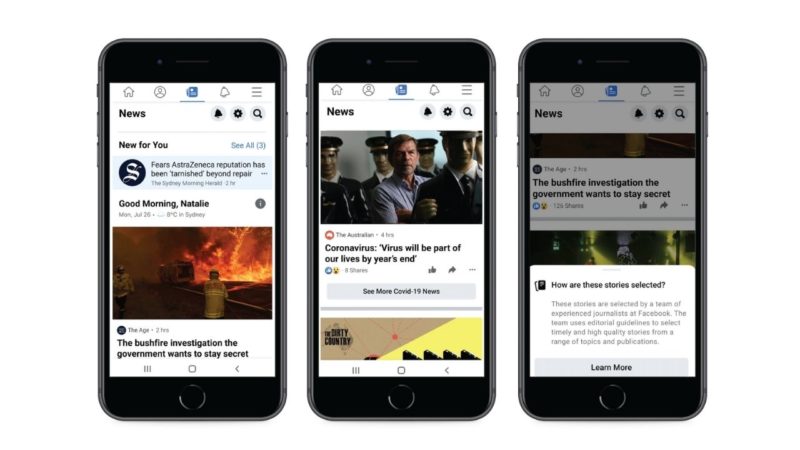‘Technical error’ led to removal of critical services rather than sinister tactics, says Meta MD
Following whistleblower allegations last week it had intentionally blocked critical services pages, including government sites and suicide prevention pages during its news ban last year, Meta has rejected the claims, and stated the page restrictions were a result of a ‘technical error’.
Last week, Whistleblower Aid filed a document on behalf of a former Facebook employee with the Australian Competition and Consumer Commission (ACCC) and the United States Department of Justice, in which the person claimed the platform “over blocked” sites as a negotiating tactic to force the hand of the Australian parliament.

Critical services were blocked during Facebook’s five day news ban

